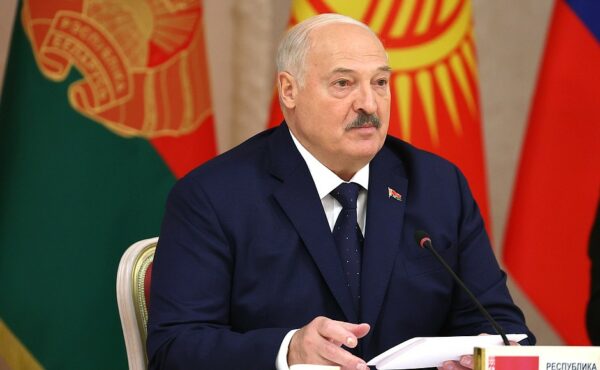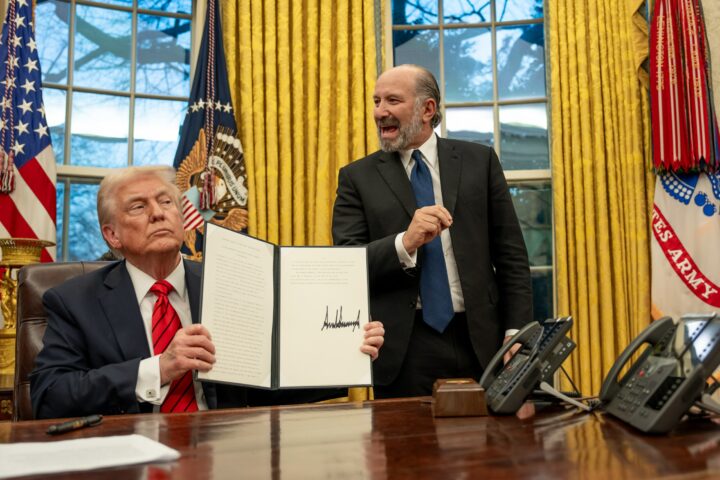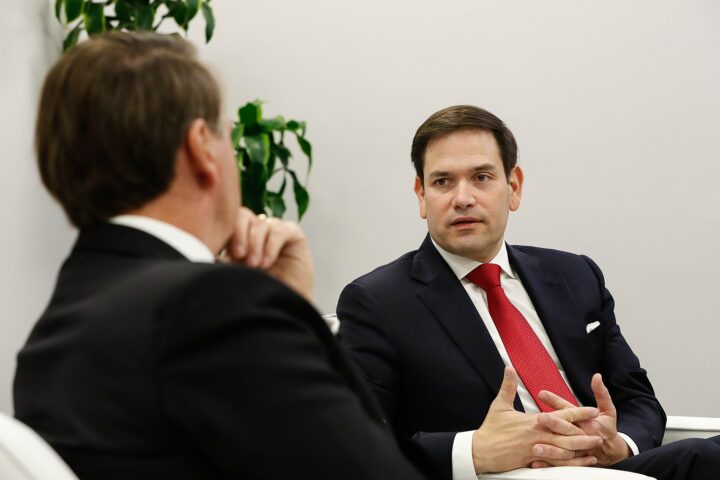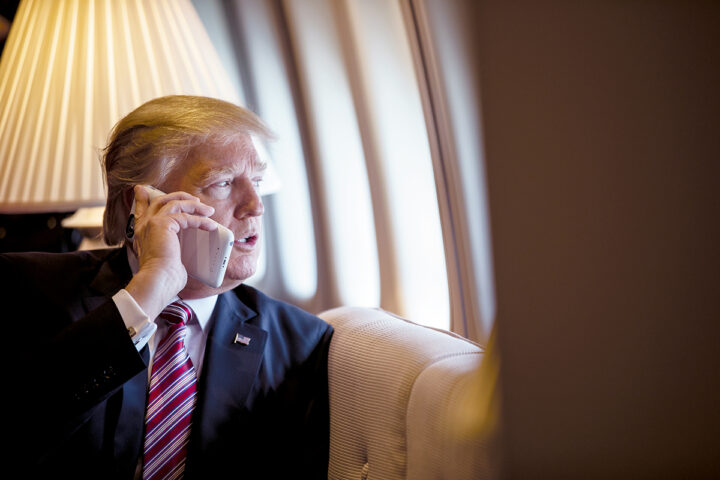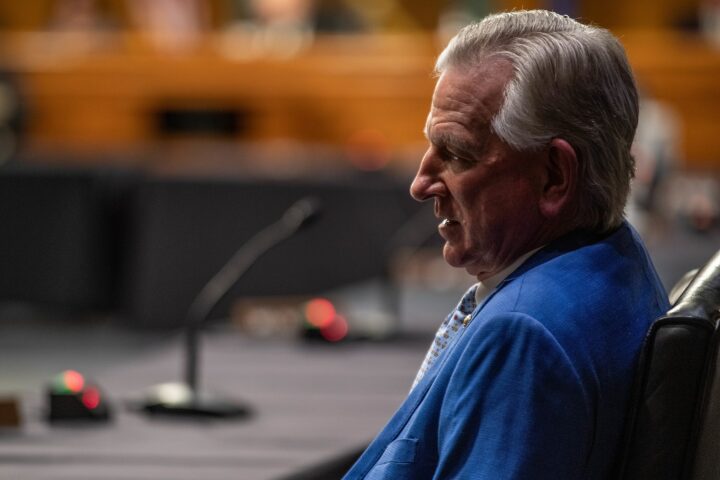After ruling Belarus with an iron grip for more than 30 years, President Alexander Lukashenko has reportedly now told Time magazine that he will not seek another term — a decision that could reshape a region critical to Russia’s strategic ambitions and the war in Ukraine.
Lukashenko, a stalwart ally of Russian President Vladimir Putin, has been in power since 1994 and was sworn in for his seventh term in March following an election his opponents dismissed as undemocratic.
He rejects accusations of authoritarianism, instead portraying himself as a defender of his nation’s traditions and sovereignty.
“These days, of course, I’m far from being Soviet, but Soviet principles, the best ones, live inside me,” Lukashenko said. “Why should I reject them? Just like the Americans do not reject their history, it’s the same with me. That’s why we have this friendship with Russia, the closest kind of cooperation.”
A linchpin in Moscow’s European strategy, Lukashenko has repeatedly sided with the Kremlin against Western pressure. His tone toward Europe was characteristically blunt: “Western Europe can get lost. Putin can disregard them. In this situation, if we reach a deal with the Americans, the Europeans won’t have any way out of it.”
That hard-line posture has been matched by concrete action. In 2022, Belarusian territory served as a launchpad for Russian forces invading Ukraine. Lukashenko permitted the country to be used as a training ground for Russian troops and a storage site for ammunition. His cooperation has made Belarus an indispensable partner in Moscow’s military and economic orbit.
Lukashenko also played a high-profile role in June 2023, presenting himself as a peacemaker during the short-lived rebellion by Wagner Group leader Yevgeny Prigozhin against Russian military leadership.
Instead of allowing Putin to take military action, Lukashenko offered Prigozhin exile in Belarus, positioning himself as a stabilizing force in the Kremlin’s moment of crisis.
Despite persistent rumors that he was grooming his son Nikolai to succeed him, Lukashenko told Time this was not the case.
Domestically, Lukashenko has been unyielding in his crackdown on dissent. The most notable unrest came in 2020, after opposition groups and international organizations accused him of stealing the election.
His government jailed political opponents and detained 65,000 protesters. On Wednesday, mass arrests continued against those who had joined anti-government rallies both inside Belarus and abroad.
Relations with Washington have been complex. In February, the White House announced it had secured the release of three political prisoners, including an American citizen and a Belarusian journalist, from Lukashenko’s custody.
For now, Lukashenko’s pledge not to run again will be closely watched by Moscow, Washington, and European capitals alike.
While critics doubt his sincerity, his comments mark a rare public acknowledgment that his tenure may be nearing its close.
[READ MORE: Trump Looking To Federalize DC]

